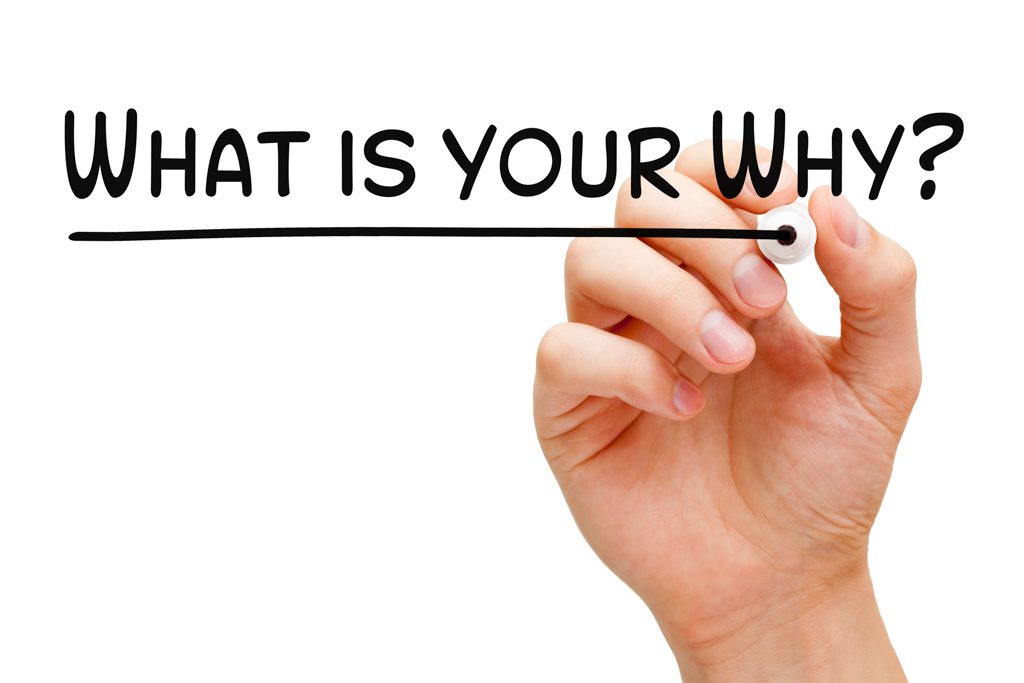You must connect 1:1 with clients—it’s an absolute necessity.
In the microgym world, you can earn $100,000 a year with 150 clients, but only if you and your staff members connect with them every day.
If you have 150 members but you don’t know who they really are, why they attend, where they work and what they do in their spare time, you’ll struggle to retain clients. Then you’ll get on the hamster wheel of trying to get new clients in the front door while more current clients leave out the back. This is a disaster.
Personal connections are required in a coaching business, and they must be strengthened throughout the client journey. We know the first 90 days of that journey have a huge effect on long-term retention, so early relationship building is an investment that will pay off twice: Your clients will stay longer and get the results they want, and your business will have better retention.
“Motivational interviewing” should be used to build a strong relationship with a new client. It’s not a new tactic: Psychotherapists have been using it for decades.
Motivational interviewing forges a deeper bond with clients. Here’s the key principle: Rather than just asking “why do you want to join a gym?” coaches dig deeper with follow-up questions that get at the heart of the matter and provide opportunities to serve clients better.
Motivational Interviewing in Practice
The No Sweat Intro is a 15-minute free consultation that’s been proven to increase retention in microgyms. As part of the interview, coaches ask some variation of this question:
- “Why are you joining our gym?”
- “I want to lose 20 lb.”
You could stop there. And many coaches do. In our No Sweat Intro process, a coach can easily use the weight-loss goal to provide a valuable service prescription to the client: personal training three times a week plus habits-based nutrition coaching, for example.
But if you use motivational interviewing to go deeper, you’re going to get valuable information you can use to understand the client, motivate the client and strengthen your relationship.
Another example:
- “Why are you joining our gym?”
- “I want to lose 20 lb.”
- “Why do you want to accomplish that goal?”
- “I want to be healthier.”
- “Why is that important to you?”
- “Well, I have a young child, and I want to be a good role model for him.”
- “Why will that make a difference?”
- “I grew up in a family where fitness and nutrition were never discussed, and I think if I had been given any guidance, I would have made different choices. If he sees me working out and eating well, he might do it, too.”
- “Why will that matter?”
- “I struggled with my weight as a teen. It was really hard. If I do this, I’ll give my kid a chance to avoid that pain.”
Wow, right?
Four more “why questions” revealed a lot of important info. In addition to the weight-loss goal, the coach now knows:
- The client has a young child.
- The client has struggled with weight for years.
- The client had difficulties as a child due to excess weight.
- Those difficulties were so painful that the client badly wants to spare her child the same pain.
- The client wants to be a good role model.
If you’re a good coach, you can immediately see how this info creates the basis for a strong one-on-one relationship.
The client has really opened up to a caring, empathetic coach. This is a first step toward establishing trust with a new advisor. The coach now has info that can help her inspire the client when motivation fails, and she can celebrate every lost pound not just as a number on a scale but as another important step toward being a positive role model for a child.
Motivational interviewing takes fitness goals to a new level and gives a coach more tools to help the client achieve success. It also provides amazing opportunities to celebrate the client. Imagine being able to say this:
- “Congrats! You’ve lost 20 lb. since we started. I know this is a big deal to you. How does it feel to be a positive role model for your kid?”
- “It feels great! I didn’t have a clue how to make it happen. Thank you so much!”
That alone is a day-maker for any coach. But let’s take it a little further:
- “So what’s your next goal?”
- “Well, I’d like to learn more about healthy eating so I can make even better food choices for my family.”
- “Great! Here’s the plan to make that happen … .”
The client has experienced success and wants more of it. The coach is now a trusted advisor who can provide a path to the next goal. This is a high-value relationship that will last for a long time. That’s a huge win for the client (and her family), and a huge win for the coach (and her business).
The 5 Whys Worksheet
Precision Nutrition calls this motivational interviewing process “the five whys.” You can download a worksheet here.
The takeaway: If you dig deeper during the intake process, you’ll get important information that will shape your relationship with clients for years.
Other Media in This Series
“The First 90 Days: You Sell Solutions, Not Workouts”
“The First 90 Days: Turn Off Autopilot and Review Client Progress”

